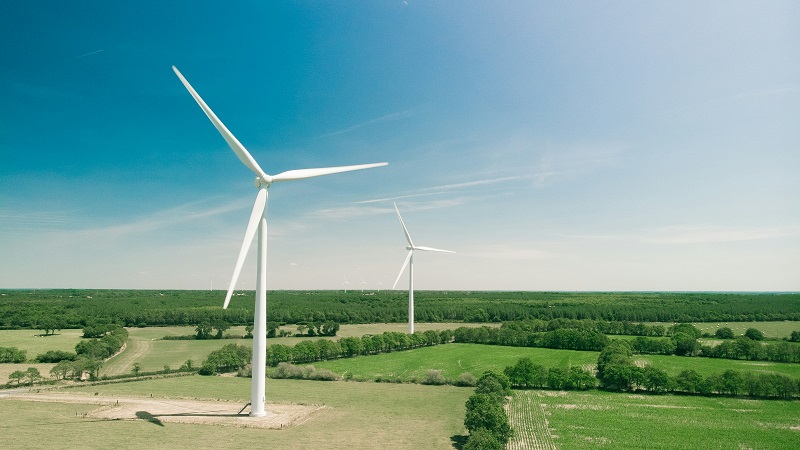The entity focuses its efforts on reducing the carbon footprint of the projects it finances, which represents 99% of its global environmental impact. Generalitat de Catalunya's public promotion bank joins the Partnership for Carbon Accounting Financials (PCAF). In 2023, the financial institution allocated one out of every two euros in loans and guarantees to finance environmental, social, and governance (ESG) projects. In a year marked by drought in Catalonia, the organization financed projects to save 38,640 m³ of water annually, equivalent to the annual consumption of 905 people.

The Catalan Institute of Finance (ICF) has calculated its carbon footprint for 2023, including, for the first time, the emissions generated by the projects and investments financed by the entity, which represent 99% of its environmental impact. The Generalitat de Catalunya's public promotion bank has taken this initial step to become a carbon-neutral organization by 2050, aligning with the commitments of the European Green Deal.
Specifically, ICF's global activity produced a total of 1.2 million tons of carbon dioxide, according to the ICF Group Sustainability Report 2023 published by the financial institution. "This data will serve as a basis for us to take the necessary measures to reduce our carbon footprint, as well as compensate for it by financing more green projects that capture carbon or avoid the emission of greenhouse gases," explained the CEO of the public promotion bank, Vanessa Servera.
In 2023, the ICF installed 42 solar panels in its building and implemented various energy efficiency and water-saving measures, reducing its energy consumption by 14% compared to 2022. “We only use renewable energy and, with the changes we have promoted, internally we are going in the right direction. Now it's time to go further and focus our efforts on what generates the bulk of our carbon footprint,” said the ICF's Sustainability Director, Oriol Vidal-Barraquer.
ICF Joins the International Alliance to Reduce Financial Sector Emissions
ICF Joins the International Alliance to Reduce Financial Sector Emissions
To further these objectives, the ICF has also announced its membership in the Partnership for Carbon Accounting Financials (PCAF), an association of more than 500 financial institutions worldwide working to establish a synchronized approach to assessing and disclosing the greenhouse gas emissions associated with their loans and investments.
"The international financial sector plays a key role in the fight against the climate crisis, and at the ICF we want to be part of the solution," said Servera.
PCAF offers an open and standardized methodology that serves as a starting point for financial institutions to correctly identify and assess their carbon footprint. Adherence to the PCAF also represents an exercise in transparency for the public promotion bank, as the signatory entities are obliged to make public the data on their environmental impact.
The PCAF methodology is, in fact, the one used by the ICF to measure the carbon footprint associated with the projects and investments it financed in 2023.
One Out of Every Two Euros in Loans Earmarked for Environmental and Social Projects
One Out of Every Two Euros in Loans Earmarked for Environmental and Social Projects
The ICF's commitment to sustainability and social transformation is also reflected in the data collected in the ICF Group Sustainability Report 2023 on the entity's financial support to the Catalan productive sector. The public promotion bank allocated one out of every two euros (52%) in the form of loans and guarantees to environmental, social, and governance (ESG) projects in 2023. This amounted to a total of 308 million euros, 109 million more compared to 2022.
In addition, in a year marked by the worst drought in Catalonia since records began, the entity financed projects to save 38,640 m³ of water annually, the equivalent of the annual consumption of 905 people or 43 Olympic swimming pools, supporting irrigator communities, industries, and other services to improve their water management, supply, and use systems.
"We know that long-term financing and investments, the heart of our activity, must be a lever for companies and entities to launch the necessary projects to decarbonize, improve resource management, hire more and better staff, and promote social transformation initiatives," said Servera.
Among the environmental and social operations promoted by the ICF, there are 78 projects financed with 149 million euros to develop products adapted to the circular economy, 89 projects financed with 123 million euros focused on improving energy efficiency parameters, and 83 projects financed with 90 million euros intended for the development of essential service projects and infrastructures, such as health, education, or professional training.
